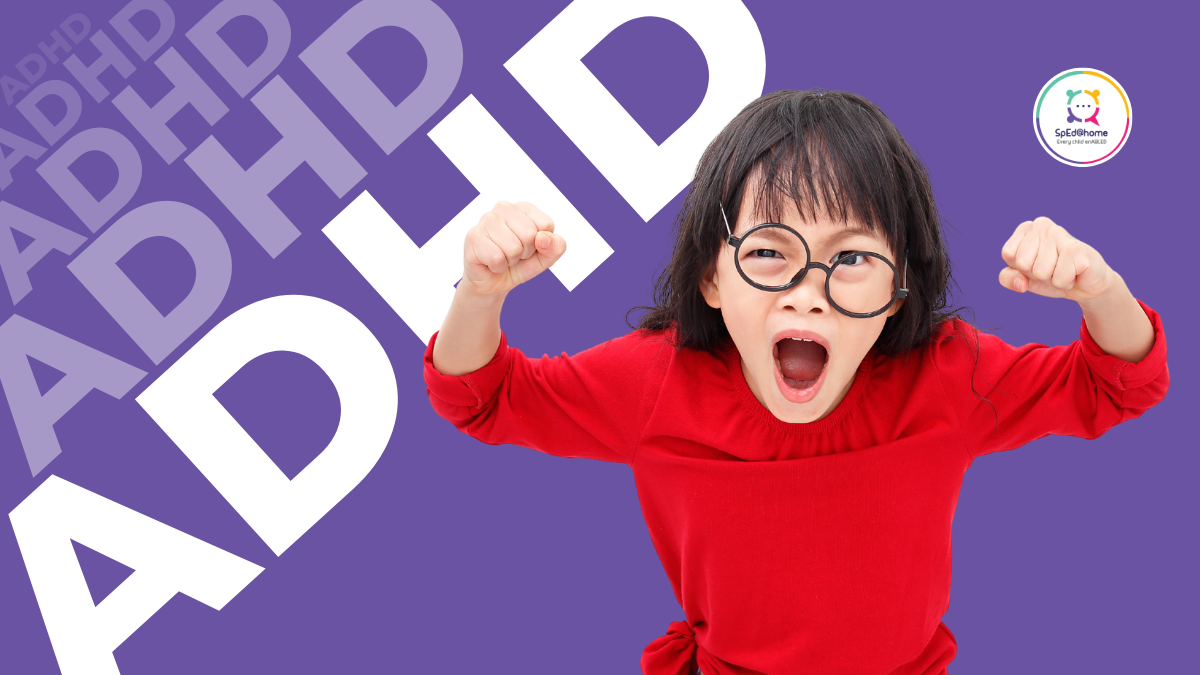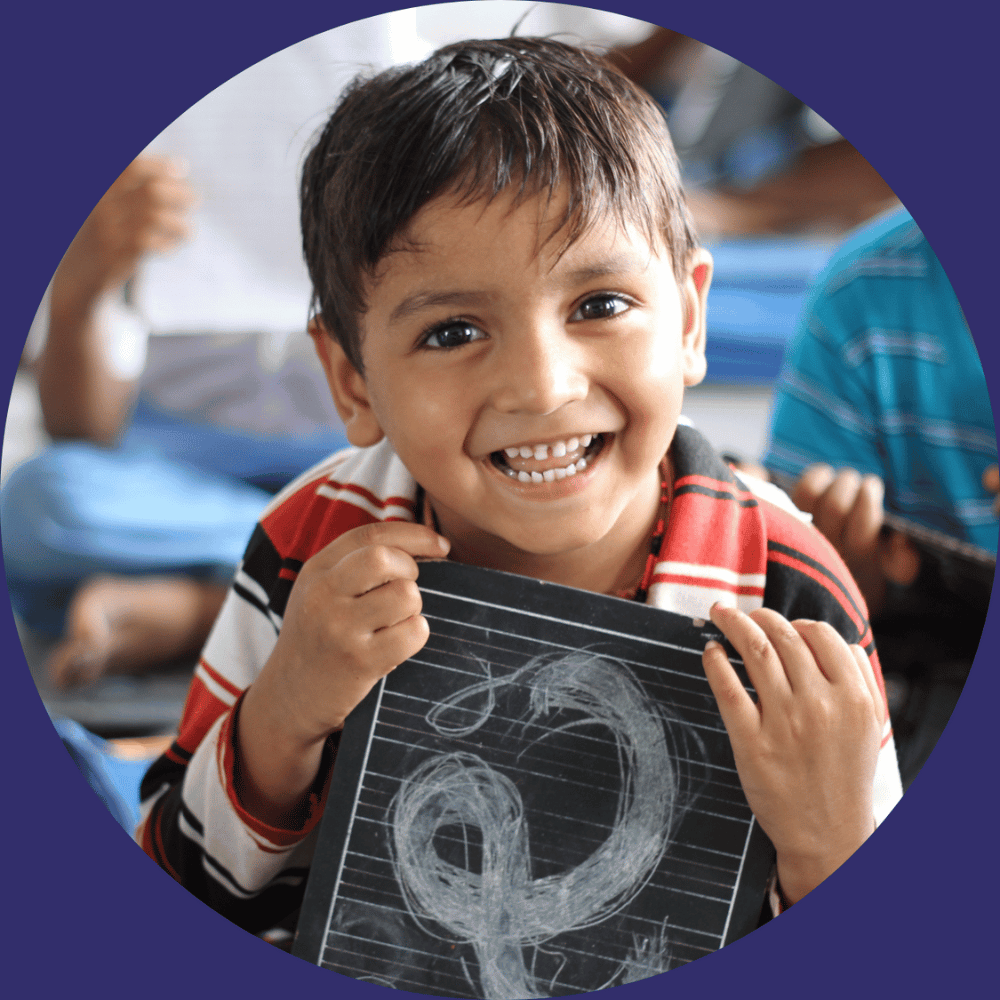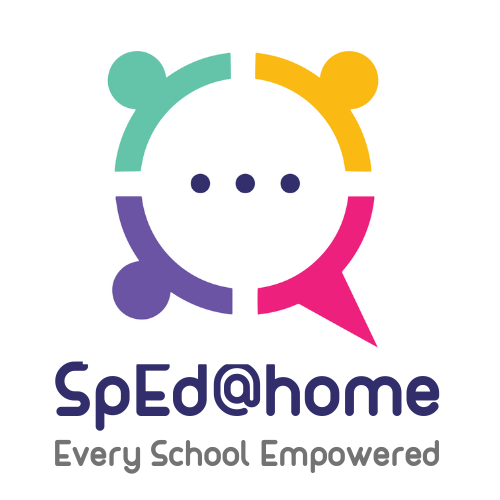To understand ADHD and its impact on an individual, it is important to understand what it entails.
Attention-Deficit/Hyperactivity Disorder (ADHD) is a neurodevelopmental disorder that affects a person’s ability to focus, pay attention, and control their impulsivity and hyperactivity. It is one of the most common childhood disorders and can continue through adolescence and adulthood.
Children with ADHD may have difficulty paying attention, following through on tasks, and controlling impulsive behaviour. They may also be hyperactive and have difficulty sitting still. These symptoms can make it challenging for them to succeed in school and in social situations.
The impact of ADHD on a child’s development and daily functioning can vary depending on the severity of the symptoms. Often, children with ADHD may have difficulty completing homework, following through on tasks, and staying organized. They may also have difficulty with time management and struggle to meet deadlines. They may have difficulty understanding social cues and end up interrupting others or have difficulty waiting their turn.
It is important to note that children with ADHD have unique strengths and abilities just like any other child. Some children with ADHD are often known to be creative, spontaneous and have a strong sense of humour.
To support a child with ADHD, parents, caregivers, and educators should work closely with a qualified professional, such as a paediatrician, a psychiatrist, or a psychologist, to develop a treatment plan that addresses the child’s unique needs. This can include medication, therapy, and behaviour management strategies.
It is also important for parents, caregivers, and educators to understand that children with ADHD are not lesser or less capable than their peers. With the right support and accommodations, children with ADHD can succeed in school and in life.
In conclusion, understanding the specific diagnosis of ADHD in a child and its impact on their development and daily functioning is essential for parents, caregivers, and educators. It is important to remember that every child is unique and that ADHD does not define a child’s abilities or potential. With the right support, children with ADHD can succeed and reach their full potential.












